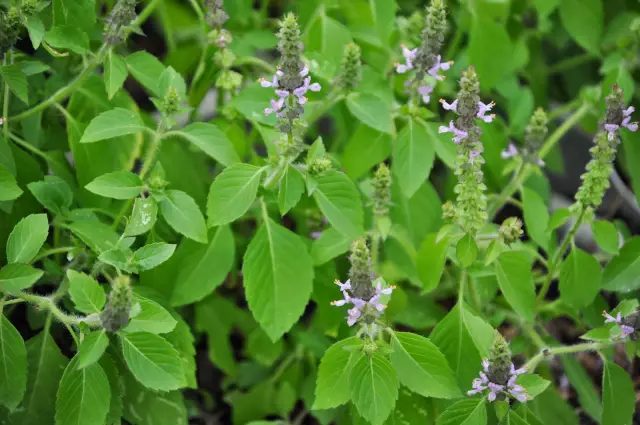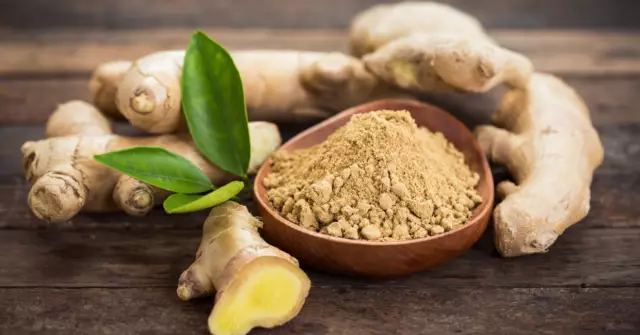- Author Rachel Wainwright wainwright@abchealthonline.com.
- Public 2023-12-15 07:39.
- Last modified 2025-11-02 20:14.
The healing properties of calendula

Calendula is widely known throughout Europe, its popular name is marigold. Nails are a cute and beautiful flower that adorns gardens and flower beds everywhere, but the fact that this is not just a decorative orange flower is indicated by its full name - Calendula officinalis. The medicinal properties of calendula allow it to be widely used in medicine, which has been known since time immemorial. Despite the large number of modern and effective drugs, the use of calendula has not lost its relevance to this day, and what is even more surprising, this plant is loved and appreciated not only by herbalists, adherents of folk healing, but also by representatives of official medicine.
The medicinal properties of calendula are due to the content of such substances as carotenoids (carotene, lycopene, etc.), essential oils, salicylic acid, malic acid, tannins. Due to this, calendula has a bactericidal, anti-inflammatory and wound healing effect. The antibacterial properties of calendula are especially strong against the coccal flora - streptococci and staphylococci, which are also among the most common microorganisms.
Thanks to tannins, calendula has the ability to have a drying effect on wounds, and the content of carotenoids helps the healing process, tissue regeneration. Thus, calendula can be used at all three stages of inflammation - immediately after injury for the purpose of antibacterial treatment, at the stage of exudation to dry tissues and reduce inflammation, and at the stage of regeneration as a wound healing agent.

One of the features of calendula officinalis is its low allergenicity, that is, as a drug it is suitable for almost everyone, with the exception of rare cases of individual intolerance. Calendula can be used in the form of tinctures, decoctions for mouthwash (for angina, stomatitis), tea for ingestion (for inflammatory diseases of the stomach, gallbladder, liver, duodenum). Thanks to the medicinal properties of calendula, tea from its flowers is indicated for diseases of the cardiovascular system, including such common ones as atherosclerosis and hypertension.
Ointment containing calendula medicinal is used as an external agent for long-term non-healing ulcers, cracked nipples and anus. A decoction of calendula flowers is added as an antiseptic to the water for bathing babies, to treat prickly heat and diaper dermatitis.
Found a mistake in the text? Select it and press Ctrl + Enter.






